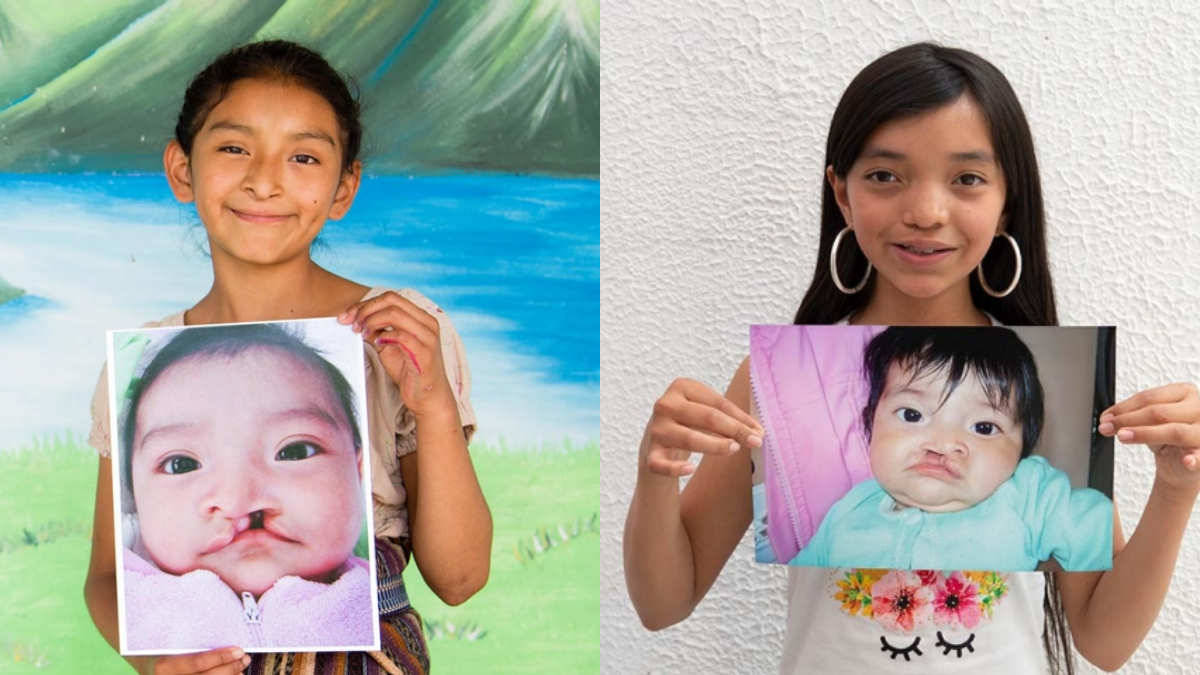Smile Train, the largest cleft-focused organization globally, has released a study detailing the significant economic impact of its 25-year commitment to cleft care. The report, titled “Smile Train at 25: $69 Billion in Impact,” highlights the extensive benefits of their work, which has boosted economies by $69 billion across more than 90 countries.
The study reveals that Smile Train’s initiatives have restored 11 million productive life years by providing cleft surgeries, a metric measured in averted disability-adjusted life years (DALYs). In the Philippines alone, over 69,000 primary cleft surgeries have been performed, resulting in more than 598,000 years of averted disability and over $3 billion in economic benefits.
“Having a cleft can have wide-ranging consequences on a child – impacting their physical and mental health, their family’s economic stability, and the child’s future capacity to live a full and productive life,” said Mamta Carroll, Vice President and Regional Director for Asia at Smile Train. She emphasized the transformative impact of comprehensive cleft care on children’s lives worldwide.
Susannah Schaefer, President and CEO of Smile Train, expressed pride in the study’s findings. “$69 billion put back into local economies around the world is no small feat. These incredibly impactful numbers are all thanks to the dedicated efforts of our worldwide team,” she stated, urging the international medical community to recognize the cost-effectiveness of integrating comprehensive cleft care into health systems.
Smile Train’s model has proven highly cost-effective, with every $400 committed to a cleft surgery resulting in an economic return of $60,000, representing a more than 150-fold return on investment. Since its inception, Smile Train has sponsored over two million cleft surgeries, awarded more than $38 million in grants for medical education and training, and supported over 600,000 families with cleft care-related costs. The organization collaborates with over 6,000 partner surgeons and 4,000 partner healthcare centers globally.
This new study, an update to a 2016 publication in the World Journal of Surgery, analyzed data from 1,486,131 Smile Train patient records between 2001 and 2023, including both cleft lip and cleft palate surgeries.





